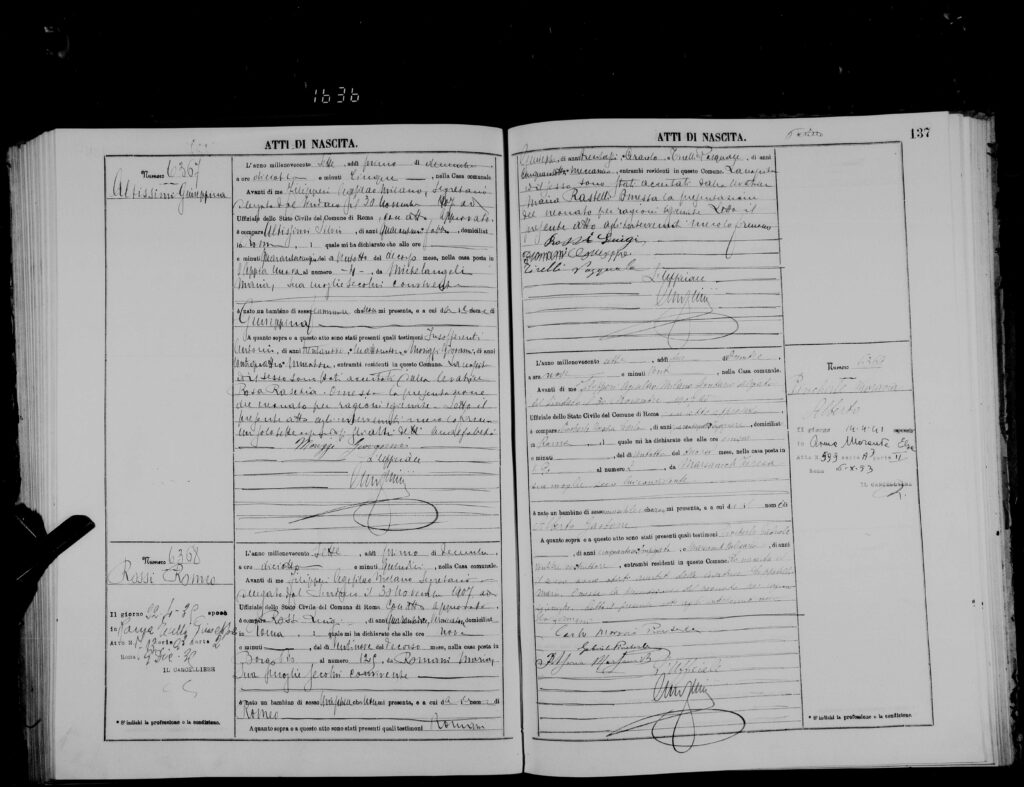Alberto Moravia (1907-1990)
Alberto Moravia – born Alberto Pincherle Moravia – was born in Rome on 28th November 1907.
He grew up in a culturally vibrant environment: his father Carlo was an architect and painter, of Venetian descent and Jewish faith; his mother, Teresa Iginia De Marsanich, was an Ancona native of Dalmatian descent and Catholic faith.
His training took place mostly at home, assisted by private teachers, partly because of coxitis, a hip bone disease that forced him into forced immobility for a long time. This, however, allowed him an early and passionate approach to literature.
Thereafter, despite his recovery, the young Moravia did not want to continue his studies on a regular basis, although he continued to cultivate his literary vocation through a voracious reading activity, which was soon joined by his first poetic and narrative trials.
In 1929, in fact, his debut novel, Gli indifferenti, was published.
However, in the years that followed, multiple were the professional limitations that the regime had attempted to impose on him, due to his father’s Jewish faith, but which Alberto Moravia, professing to be an atheist and the son of a Catholic mother, had managed to evade.
On April 14, 1941, he was united in marriage with writer Elsa Morante, whom he had met a few years earlier. With her for several months he took refuge near Fondi, in southern Lazio, to escape anti-Semitic persecution.
Back in Rome in 1944, Moravia resumed his activities at full speed: in addition to his numerous collaborations with various newspapers, he founded his own together with Alberto Carocci, Nuovi argomenti, which he directed until his death, joined for a time also by his friend Pier Paolo Pasolini. Beyond prolific was also his literary output, which – beginning in those years – continued at a rapid pace. Among his most famous novels are: Agostino (1944), La disubbidienza (1948), I racconti (1952 – Premio Strega), La ciociara (1957), La noia (1960 – Premio Viareggio 1961) and La vita interiore (1978).
In 1962 the long relationship with Morante ended, which was followed by a 15-year relationship with the well-known writer Dacia Maraini.
In 1984 he stood in the European elections as an independent on the PCI lists, becoming a member of the European Parliament (1984-1989).
He died in Rome on 26th September 1990.
You can look up the birth certificate on the Ancestors Portal: Rome State Archives > Italian Civil Status > Rome > 1907
In the margin, the deed also shows the clerk’s note marking his marriage to Elsa Morante, which took place on 14th April 1941.
The original is kept at the State Archives of Rome.
For more on the figure of Alberto Moravia, see the entry of the Dizionario Biografico degli Italiani edited by Marcello Ciocchetti.

